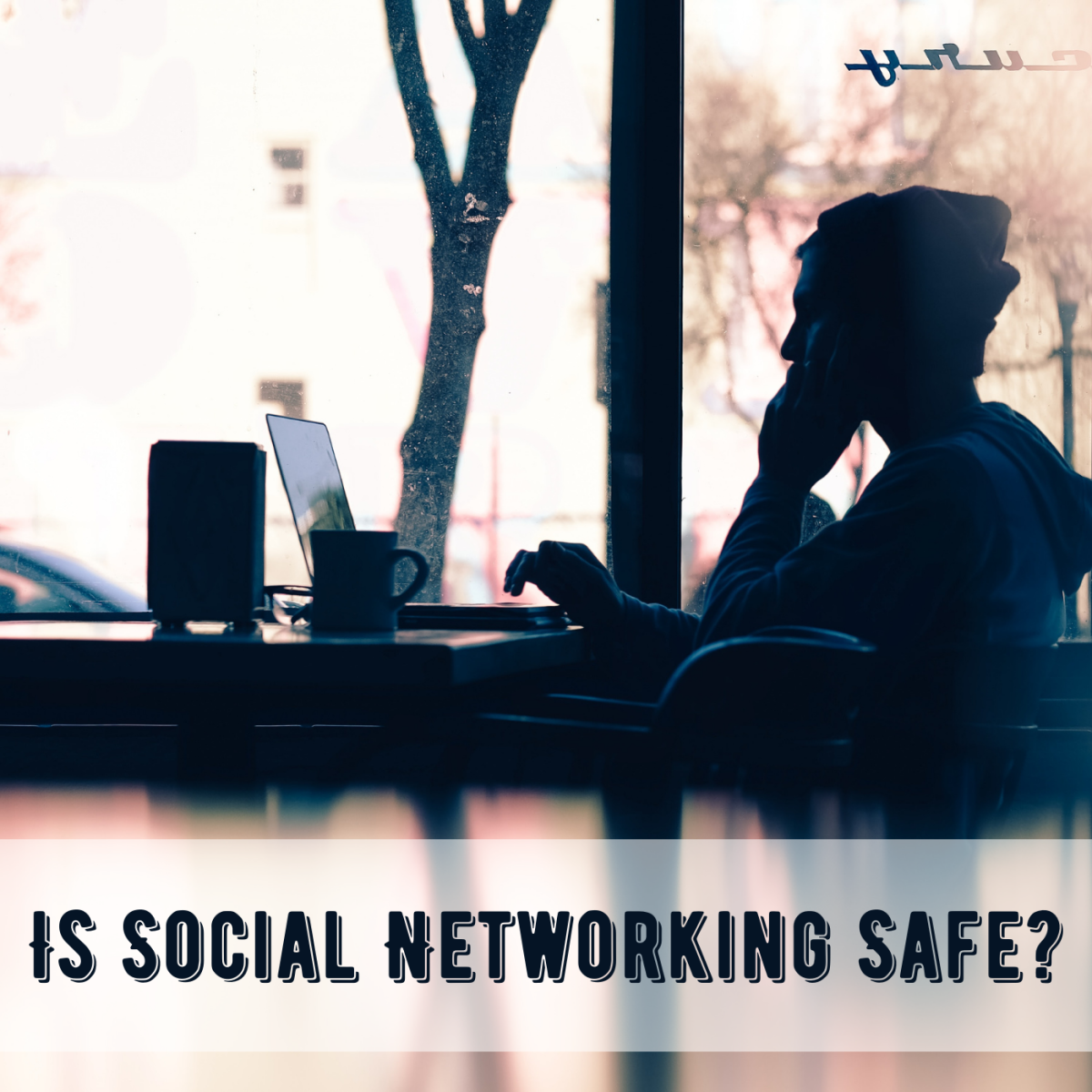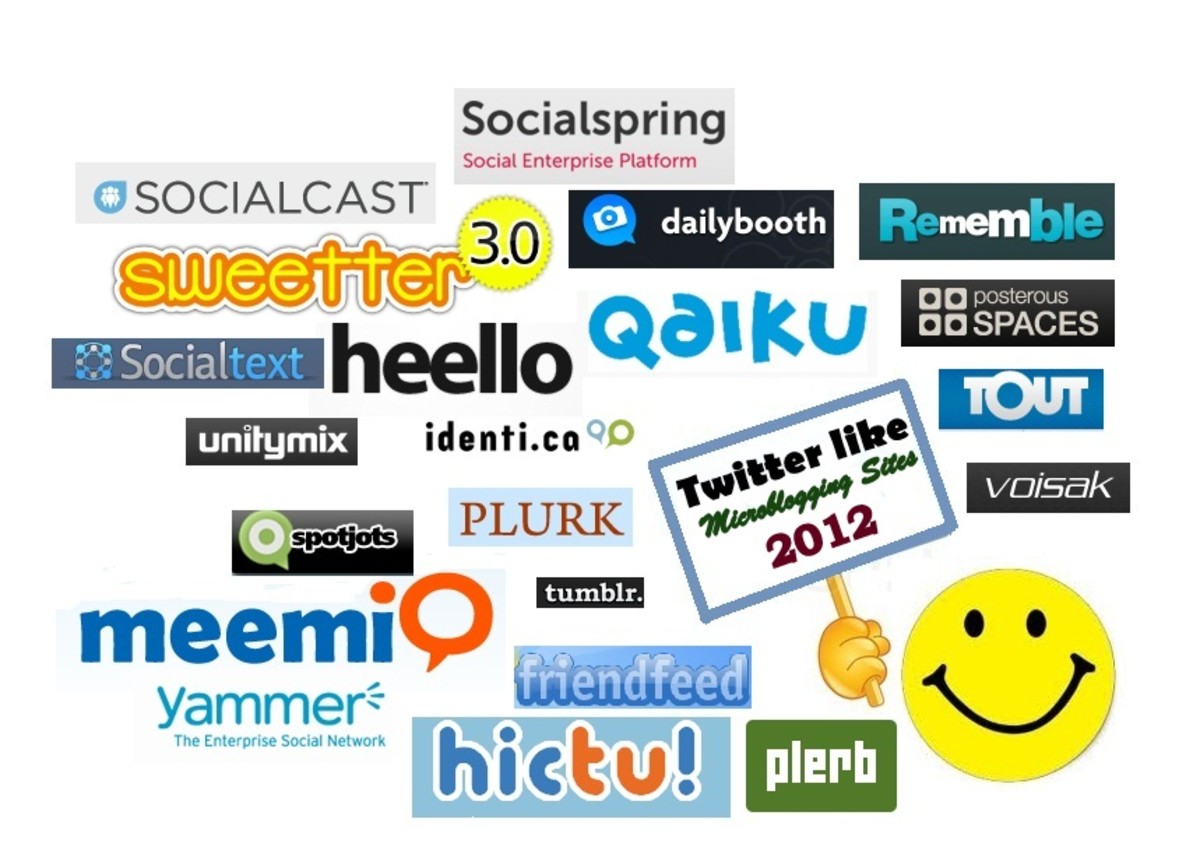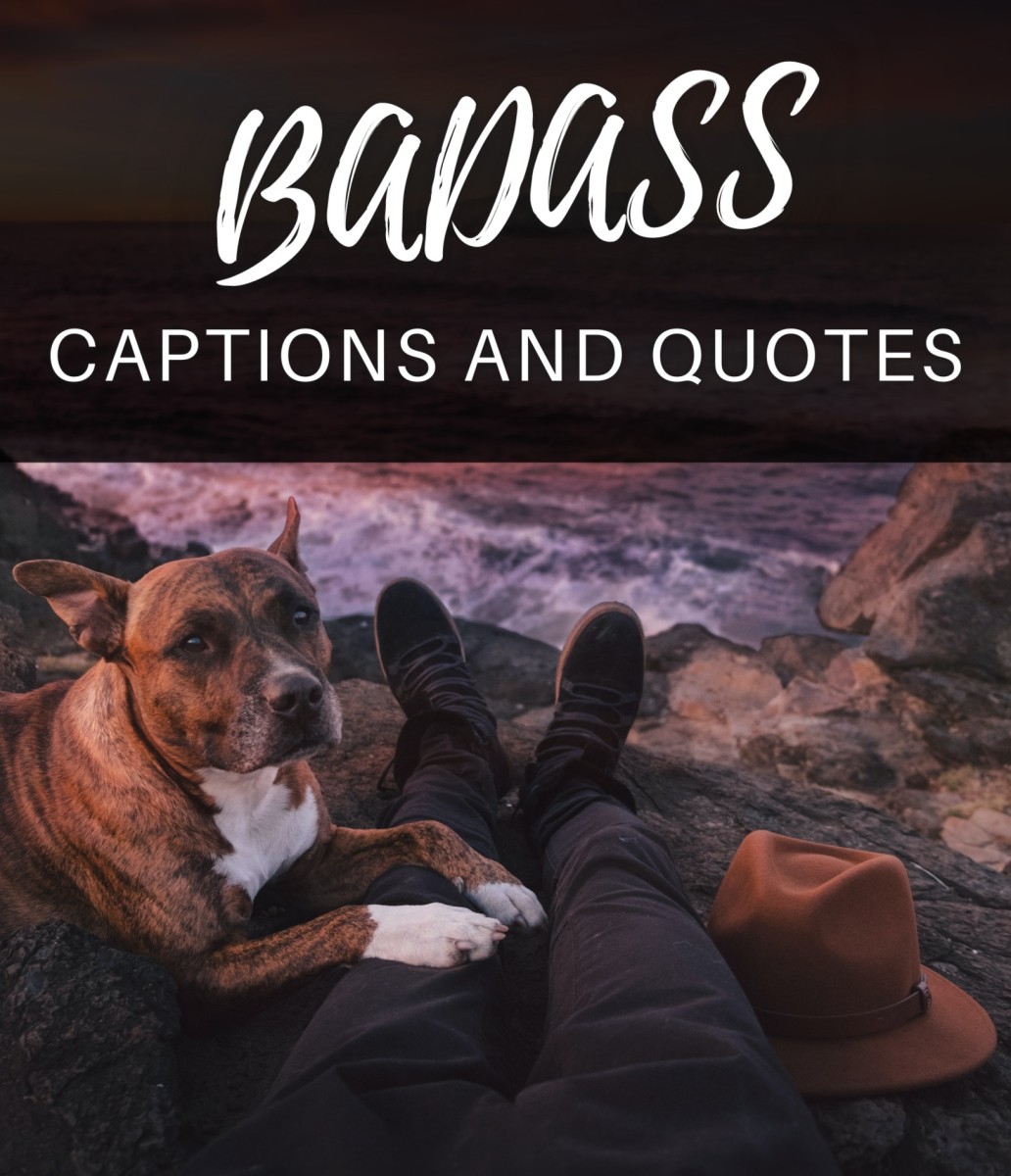Exploring The Social Networking Phenomenon
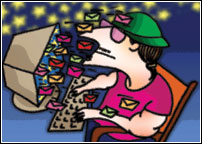
They say the world is growing smaller day by day. Before the Internet revolution, getting in touch with your loved ones and business associates across the Atlantic was almost an impossible task that required hours and hours of waiting and depending on the telephone operator at an exorbitant rate. Getting a letter was a big deal and its arrival was announced to every other member of the household, to those whom the letter was meant for -- also for those who it wasn't meant for. Most people actually ended up saving these specimens of antiquated means of communication.
Most of us lived happily in our near-predictable, slow lives -- the bubble was bigger and more difficult to pop: your friends were the people who you met and bonded with at school -- meeting for the occasional coffee later, your work stayed at work and you spent hours catching up with your cousin who visited after what seemed like gazillions of years. That is, till the Internet came to town and made itself available to all and sundry.There were several reasons why parents were initially against their children using the Internet or using it in the privacy of their rooms -- far away from the chaperoning eyes. Where previously they could control what their children were exposed to via screening their books, movies, television programmes and social outings -- now, they couldn't. If their child chose to visit a website with harmful content containing for example, steps on how to get back on people who hurt you via physical violence, parents remained powerless in limiting that exposure and ensuring that their child grew up mentally healthy as well.Reason number two was that they had no control over who you talked to, when you talked to him/her and what you talked about. Pre-Internet age, or rather in the modern-day stone age, friends would come home and pass through the scrutiny of your parents or you'd call from the phone in the living room, baring the content of your side of the conversation to all. What you said to your friends outside of school remained between you and your friends.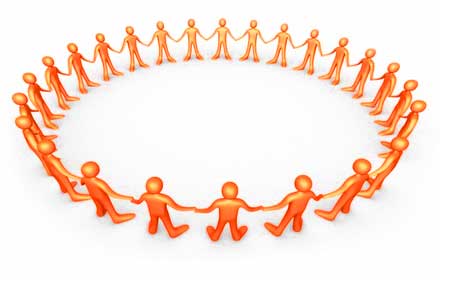
The Social Networking Revolution
With the advent of the Net, you could talk to millions of random people from all around the world and quench that thirst of ‘communicating' with like-minded people. Soon, the Internet world became your playground where there more choices and more opportunities to meet and stay-in-touch with people you may/may not know. It allowed people to embody personas and feel ‘liberated'. All of a sudden your family and mohalla walas weren't crowding around the phone, hanging on to every single word the aunt settled in some godforsaken country had to say -- they just hit her with an email.
breaks loose breaks loose: Just when things couldn't get better, Friendster, the first-of-its-kind social networking website was launched sometime in March 2002. Revolutionising communication methods, your friends could remain all in one place; instead of emails you dropped short messages that were visible to all. You knew who your friends were friends with and it became easier to established "you're related to her too?!" connection than ever before. Then came Facebook, Orkut, MySpace, Hookah, Zorphia... and the list goes on.
Where there are minor differences, there are some similarities that must be mentioned here: they all require you to add friends when you sign up and fill out a form which includes more than just your name and date of birth. The form is comprehensive enough to include all of the schools you have ever been to, your hobbies, what you're looking for in the special someone and the latest, what you're ‘thinking' at the moment. They all had features to add photos to your profile, your friends were visible to all and so were their messages, you could browse through your friend's friend list or via specifications you'd outline when you'd hit the search bar. It was modern, fast, exciting and gave all sorts of crappy-useful information to keep you busy. In short, it was crazy and nobody could do anything about it.
The new-age jungle: It wouldn't be entirely incorrect to say that in the online social networking domain, there is a whole jungle out there. If you thought the age of cliques was over, think again. Now your cool-metre is rated on how many messages you have, anything less than 10,000 and you're considered a loser: a social outcast, a misfit, somebody who mistakes their acquaintances for their friends. In short, you deserve nothing better and should kill yourself by deleting your profile and bidding adieu to online social networking... forever.
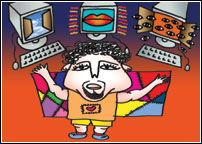
Disadvantages Of Social Networking
Online social networking has also given birth to the Internet stalkers. If you thought they were a miserable breed who spent all of their time obsessing over the object of their unwelcome scrutiny in a room full of photos and mementos of them, think again. This is a new breed, the members of which include you and me, who spend countless hours poring over the message books of their friends, friends of friends, exes, boyfriends, favourite celebrities and so on. And we know that people might be going through ours as well. For those of us who spend most of our time on social networking websites, this will also be our primary subject of conversation between our friends later in our ‘offline' lives.
If this wasn't enough, websites such as Facebook have upped the ante where the potential for gossip is concerned. Now, when you log in, you have a whole home page which summarises for you, which friend said what to whom and who sent someone a virtual present and who is whose favourite purple-cherry-on-top friend and who... you get the drift. It's like having your own news-spread where you pick the juiciest story and ‘investigate' further.
What's more is that social networking doesn't end at sending messages alone. Now when you log in, you'll see that five friends have ‘poked' you, seven have sent fuzzy bunnies your way (now you have to add the fuzzy bunny application), nine have sent cupcakes (note to self: add cupcakes application. you want that cupcake, even if you can't really eat it), four have written on the super wall (add super wall application, this is getting ridiculous: really, what's the difference?) and 13 have drawn on your graffiti wall (you're one step ahead, you've already added this application). Phew! And this is on top of the ‘add new friends' requests you have piling up in your inbox.
Modern social networking websites require you to be (blows on the tips on fingers to warm them up) a super fast typer, communicator, articulate phrase-er, digital artiste and develop an appetite for those coveted digital cupcakes on top of hours and hours of your time that you want to willingly waste.
What's in it for them? With most digital networking websites making their services available for free, what's in it for them? Why is it so important that you add new friends and communicate with them? sure some of them do it to generate revenue from online advertisements but there are some which don't even have those, so what do they get out of it? More importantly when you sign up, giving away valuable personal information and encouraging your friends and acquaintances to do the same, do you even read the ‘terms of agreement' that you agree to? Who does?
Most agreement contracts have a statement saying that whatever information you are giving them will be available to serve purposes within the organisation but will not be released to ‘external' parties. First of all, with conglomerates forming every other day in the Internet world and with more and more online firms merging together, what constitutes as an ‘external' party?
The sheer amount of social data contained in social networking websites which includes not just what you've willingly typed away in those lengthy forms you were required to fill when signing up, but also in the number and type of friends that you have, the kind of subjects you like to talk about, in short, you're entire social pattern depicted online is information enough to transport any marketing person into utopia.
The statistics generated from how you communicate with your friends aren't from a random questionnaire that you may have willingly/unwillingly answered, knowing fully that you were doing it as a part of a research programme; this is real-world information, in real-time we're talking about here. And with the fuzzy lines that exist between an ‘internal purposes only' and ‘external party', this information can be sold to any organisation wishing to make use of it.
Take the giant gorilla of the internet for example: Google. They provide you with a web-search service application; they also have Gmail, BlogSpot and Orkut. Via your social networking on Orkut, they glean information about you and your friends from your entire social networking pattern online and they use that information to customise the responses you get when you first, search for something and secondly, the kind of ads that pop up when you search.
Looking closely in your Gmail inbox will make you see little text-based ads that appear right on top of the emails in your folder. Don't be surprised if you see an ad for ‘purple turtle neck sweater with pocket for fuzzy cupcake' there a short while after you scrapped your friend about it on Orkut. I hate to burst your bubble but your data/information is not ‘private' on the Internet, at least to those working in these organisations and those related to them. Nothing in this world is for free and you pay by signing away your privacy when you sign up on these social networking websites. You have also allowed yourself to become a digital lab rat whose behavior is closely monitored in a ‘controlled' environment.
The threats: The dangers where open, online social networking websites is concerned aren't limited to private information not truly remaining private. Not all stalkers mentioned above are harmless. For those who think separately from the norm albeit in a negative, dangerous manner have access to and information of all of your activities and friends, more than enough to hatch a plan to harm you should he/she choose to.
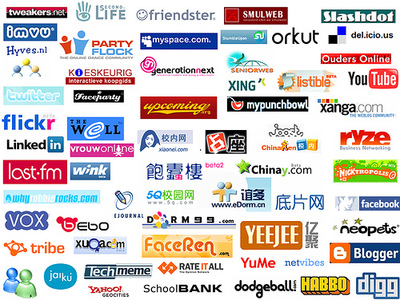
Conclusions
Networking websites are a place where they roam free, mostly under an alias, have no restrictions or boundaries on how they project themselves and come in all shapes and sizes. There isn't anything much that you can do to prevent them from cornering you online or in real-life (depending on how available your information is) should they choose to pursue you.
This isn't to say that online social networking websites are the work of the devil or that one should steer clearly away from them. The object of this piece was to acquaint readers with the idea that online social networking sites aren't the happy digital sunshine-filled places that they appear to be. Social networking websites are useful in tracing or contacting someone you haven't met in the longest time or in coordinating projects and activities that otherwise require constant contact. But all of the above comes at a cost and it's always better to remain fully-informed about the information you're choosing to release and what will it be used for. It's important to understand the social patterns that are being developed and it's important to be aware of the risks and dangers that such interactions may result in, only so you can protect yourself in the future.

